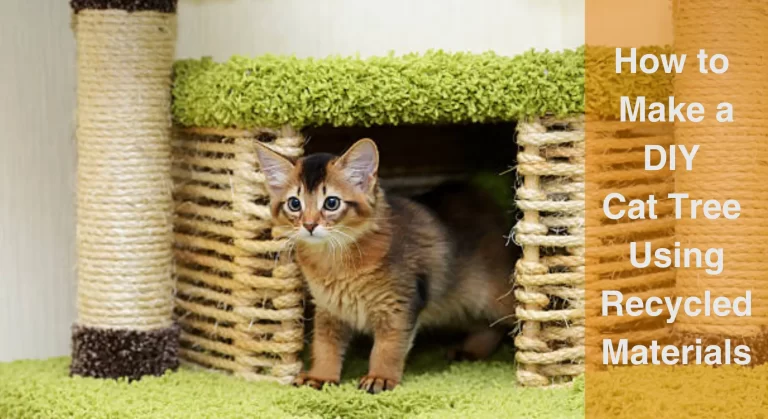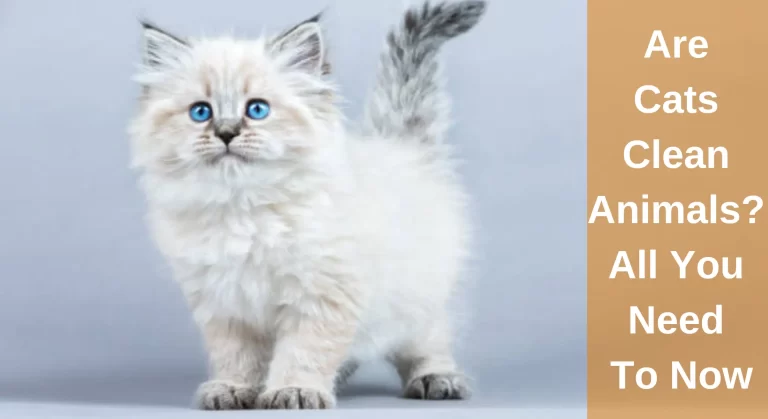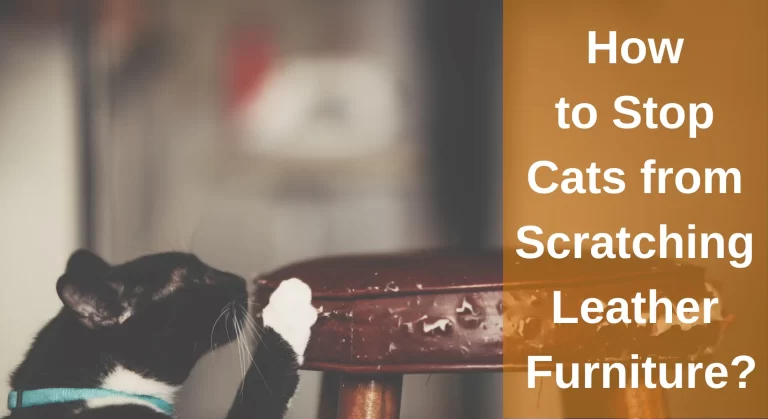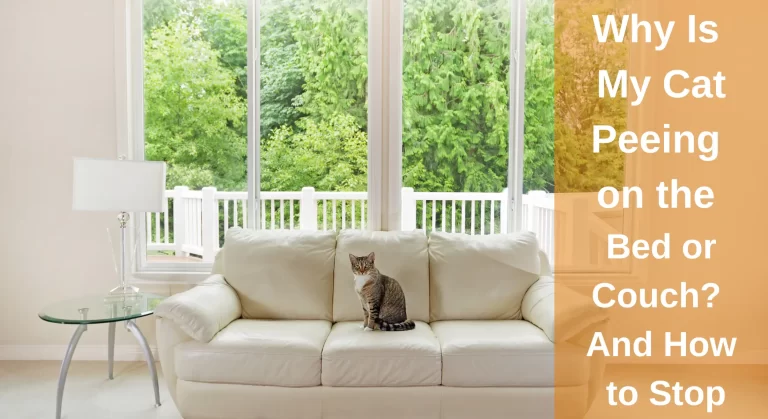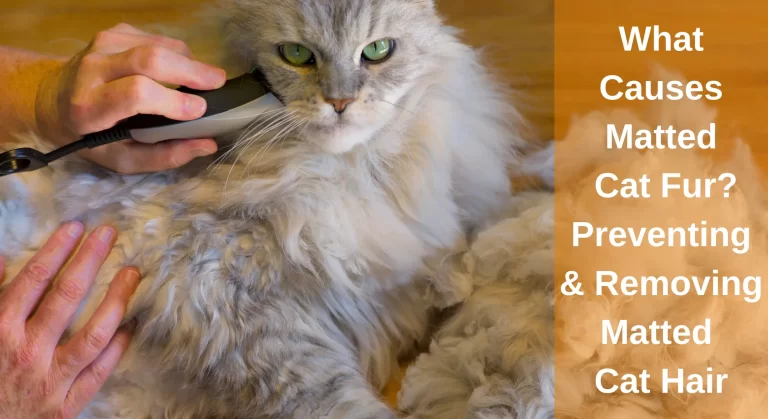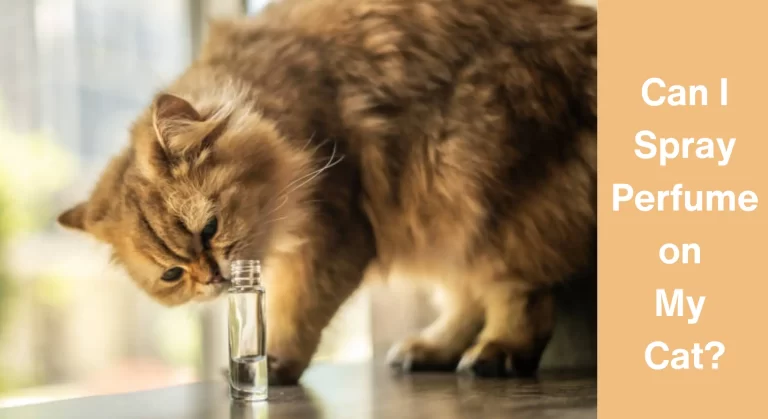Why Do Cats Pant in Car? And How To Help
No cat parent enjoys seeing their beloved feline friend panting in their car. While a regular occurrence in dogs, cat panting can become a cause of concern. But why is your cat exhibiting such odd behaviour?
Why do cats pant in cars? The majority of cats do not enjoy car rides. They actually dislike travelling because it is stressful for them. Cats are habitual creatures, so unfamiliar situations stress them out. Additionally, your cat might be overheating due to the temperature of the car, which is harmful to its health.
Car journeys cannot be avoided entirely; if nothing else, you will need to take your cat to the vet. This article is about what to do about it and how to make car rides more manageable.
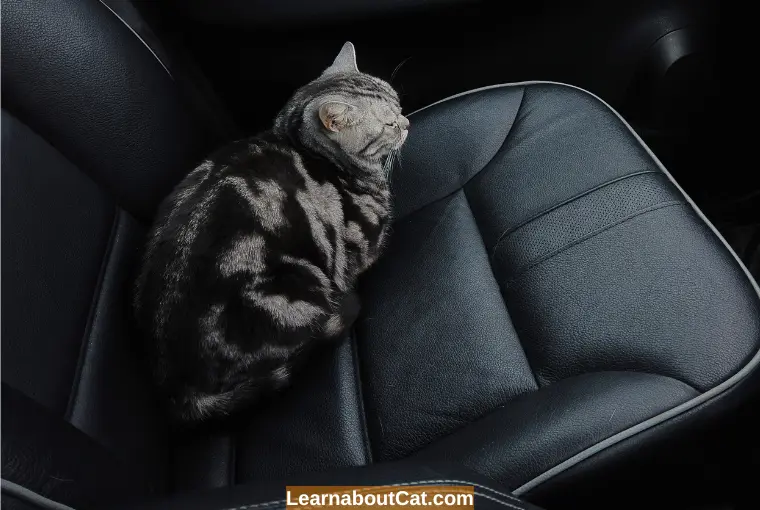
Cat Panting In Car: Reasons
Cats respond in both scenarios by panting as we sweat when feeling hot or nervous. Because cats cannot sweat, panting is a part of their thermoregulation. The above-stated reasons are described further down below:
1. Stress
Cats feel safe in a familiar environment where they live daily and perform everyday tasks like sleeping, eating, using the litter box and playing. Putting them in a moving vehicle triggers their stress for various reasons:
- Felines have an exceptional sense of smell and feel at ease in places where they have made their mark by distributing pheromones. Your car smells entirely different to them and is perceived as foreign.
- Your pet will experience the motions and vibrations of a moving car, which is something unsettling for them.
- A vehicle is essentially a closed box from which they cannot escape.
- There are unusual new sounds like the sound of the engine, the horn and the sound of traffic.
- Your cat might associate the car with an unpleasant memory like going to the vet, so getting back into the vehicle might trigger anxiety because of that past experience.
All this is very unsettling for felines, and they respond just like a human would during a panic attack; by hyperventilating. The increased heart rate caused by anxiety results in an increased respiratory rate, resulting in panting. Although seeing your cat in this state is worrisome, travel anxiety in cats is harmless, and your pet’s breathing will return to normal as soon as it steps out of the car.
2. Overheating
This is the second reason why your cat might be panting. The normal core body temperature for cats is around 101.0 to 102.5°F (38.3 to 39.2°C), which is slightly higher than the body temperature in humans, so what might feel normal to you feels very warm for your cat. If your furry friend is at home, it can simply move to the shade when feeling too hot, drink water or groom itself. In a moving car, none of these options is available to it. So in a last-ditch effort to thermoregulate, your cat starts panting.
Also Read: What Temperature Do Cats Like?
3. Nausea
Just like humans, cats can get car sick and nauseous. They will meow loudly, get agitated, drool excessively and start panting. If you think your cat gets carsick, talk to your vet about managing car sickness in your cat.
Other Causes of Cat Panting: Why Is My Cat Panting In The Car?
Unlike dogs, it’s rare to see a cat pant. So if your cat is panting in the car or at home, it might be due to an underlying health condition. The following are some health conditions in felines that can cause this odd behaviour. Of course, it’s always wise to consult a vet:
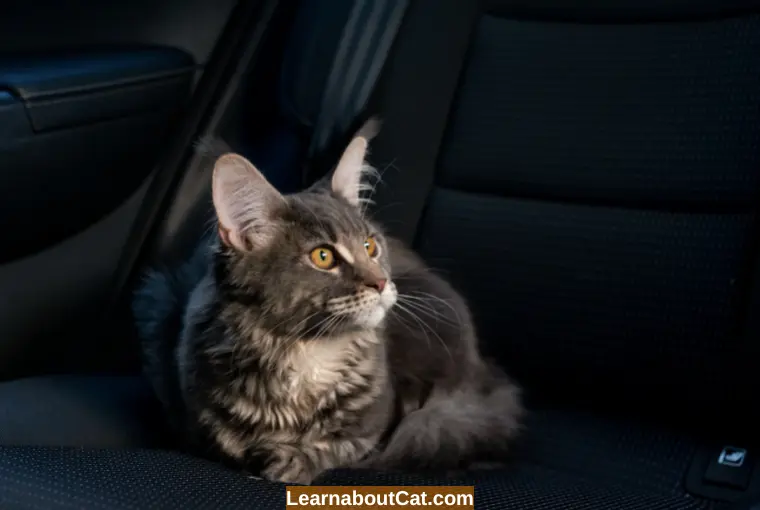
1. Asthma
Feline asthma is common in cats and causes breathing difficulties when triggered. When dust, pollen or any airborne allergen enters your feline’s trachea, the immune system perceives it as a threat. It releases a chemical called histamine that constricts the breathing tract. Your cat will begin to pant as a result of this in an effort to breathe more deeply. Other symptoms you may notice include:
- Wheezing
- Rapid breathing rate
- Lethargy
- Vomiting
You will need to take your cat to the vet. Your veterinarian will examine your cat and prescribe a feline-appropriate antihistamine.
2. Infection in the lungs
Airborne viruses and bacteria can enter your cat’s lungs and make themselves at home, causing inflammation. This prevents proper oxygenation of blood in the lungs and can cause your cat to pant in an attempt to inhale as much air as possible. It will also have the following:
- Sneezing
- Coughing
- Mucus from nose
- Blocked nose
You will need to make a visit to the vet. The vet will prescribe an antibiotic if it is bacterial. If it is viral, your vet will recommend an antiviral. Every pathogen has a specific medication, so your vet might take some tests and examine your cat to make a particular diagnosis.
3. PTSD (Post Traumatic Stress Disorder)
Post-traumatic stress disorder (PTSD) manifests as physical symptoms in your cat. Your feline may have had psychological trauma and memories of previous abuse, fighting or neglect. This can cause panting and symptoms such as:
- Aggressive behaviour
- A fearful state
- Being jumpy and easily frightened
- Increased meowing and other sounds
- Sleep disturbances
- Scratching
- Not using the litter box
Post-traumatic stress disorder (PTSD)is a serious illness that requires medical attention. Your vet may recommend behavioural therapy and will prescribe psychiatric medication. They will also give tips for making your feline feel more relaxed.
4. Heart Failure
In most cases, heart muscle diseases are difficult to detect at an early stage. One of the most common types of heart disease in cats is cardiomyopathy, which affects the heart muscle. It is unclear what causes most types of adult-onset heart disease, although diet, weight, and physical activity may play an important role.
Congestive heart failure can cause cats to take deep, rapid breathing, cough, and pant due to fluid retention in specific parts of the body.
5. Heartworm
Feline Heartworm is a fatal disease caused by a parasitic worm transmitted when a mosquito bites your pet.
There are several clinical signs of heartworm infection, including periodic vomiting, diarrhoea; rapid and difficulty breathing, coughing, gagging, loss of appetite; lethargy and weight loss.
What Should You Do If Your Cat is Panting in Car?
If you notice your feline companion panting in the car, you first need to lower the temperature inside the vehicle. Overheating can make your cat seriously ill; there is a chance your pet might develop heat stroke.
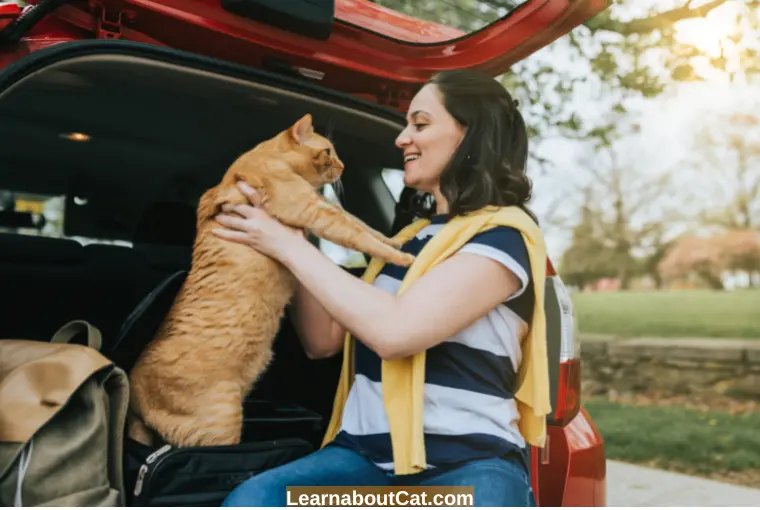
This should resolve the panting:
- You can roll down the windows.
- Turn on the air conditioning,
- Move the cat carrier away from the sun or
- Offer your cat a sip of water.
If this still does not solve the issue, and your cat is meowing loudly, scratching at the door or drooling, it could be that your cat is stressed. If your cat is this anxious, there is not much you can do at this point. Stay calm and continue driving in hopes that your feline will eventually calm down. Talk to your pet in calm tones and give it lots of affection when you reach your destination.
How Do I Stop My Cat From Panting in the Car?
The only way to prevent your cat from becoming overly agitated during car rides is to prevent it from happening in the first place. Preventing your feline from getting anxious is the only way to avoid a full-blown anxiety attack. The following are some tips you can consider for your beloved furball:
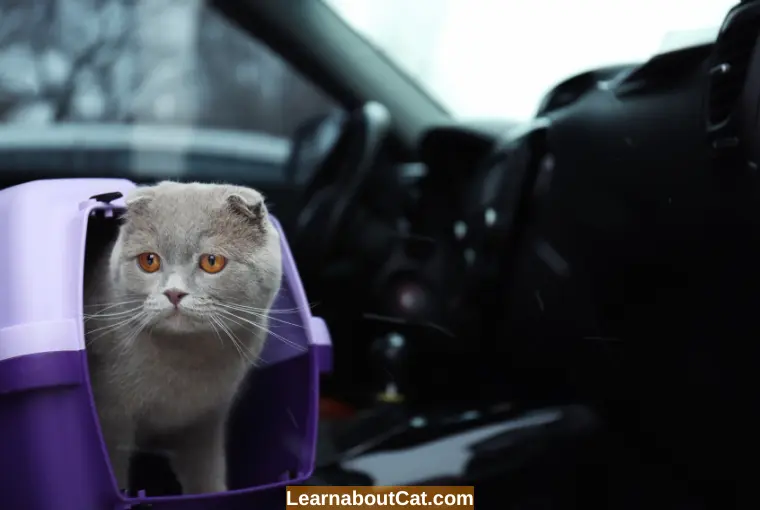
1. Pick a Suitable Cat Carrier
If your feline hates car rides, you need to purchase an appropriate cat carrier. Hard-shelled cat carriers are your and your cat’s best friend. They are strong enough so that your cat can’t break through but also allow it to experience fewer shocks during the ride. You need to buy one that is just right for your cat’s size, big enough so your pet can move around but small enough so that it feels snug.
2. Consider Calming Items
There are calming items in the market specifically designed to relax your feline friend. Pheromone products have been reported to be best at keeping cats calm. Since cats spread their pheromones where they live to gain a sense of familiarity with their surroundings, pheromone sprays and collars do the same. You can also add your cat’s favourite belongings in their carrier or in the car to bring them a sense of familiarity and ease.
If nothing seems to work, you can talk to your vet about the situation. Your veterinarian will prescribe a mild anti-anxiety medication that you can administer before you start travelling.
3. Get Your Cat Ready for the Trip
To decrease travel anxiety in your felines, you should start off slow.
- Keep your cat’s travel carrier somewhere in the house where your pet can see it.
- Leave some of its favourite toys and blankets inside the carrier.
- Soon enough, your cat should start walking comfortably in and out of its carrier, like it’s a toy or a place to retreat.
- Then, carry your cat in its carrier and place it in a turned-off car.
- Allow your feline to get used to a turned-off car without any engine or traffic sounds.
- After performing this exercise a few times, your cat’s anxiousness should decrease.
- After that, go for short drives with your pet around the neighbourhood or on your street.
- This step-by-step process will relax your pet and prepare them for travelling, removing its travel anxiety and solving its panting problem.
Frequently Asked Questions
How can I tell if my cat is stressed in my car?
Your cat will start meowing loudly and making other distressed noises. It will scratch the door in an attempt to get out and may start panting.
How can I calm my cat down in the car?
Once your cat has reached a panicked state, all you can do is stay calm. Speak to your cat in calming tones to let them know they are safe, and turn down any unnecessary sounds like the radio or music. Once you reach your destination, give your cat a lot of affection.
Why is my cat drooling and panting in the car?
Motion sickness can cause cats to vocalize and drool excessively during a trip. There are also instances when cats will pant excessively. A cat suffering from car sickness might also exhibit these signs:
Lip licking.
Restlessness.
Vomiting.
Trembling.
Why do cats freak out in car rides?
There’s a good chance your cat is simply reacting instinctively to a change in its daily rituals if it does not like car rides. In unfamiliar or uncomfortable situations, cats get stressed, just like people.
Warp Up!
Cars and cats certainly don’t mix, which is probably why your cat is panting in the car. There are ways to ease your cat’s anxieties to ensure smoother rides in the future. Another reason your cat can pant is if the vehicle is too hot. You might need to open your windows and switch on the air conditioning in that situation.
Who is Isabella?
My name is Isabella, and I am a dedicated and knowledgeable cat enthusiast. With years of experience caring for cats and a deep love for felines, I made a mission to help other cat lovers navigate the challenges of cat ownership.

